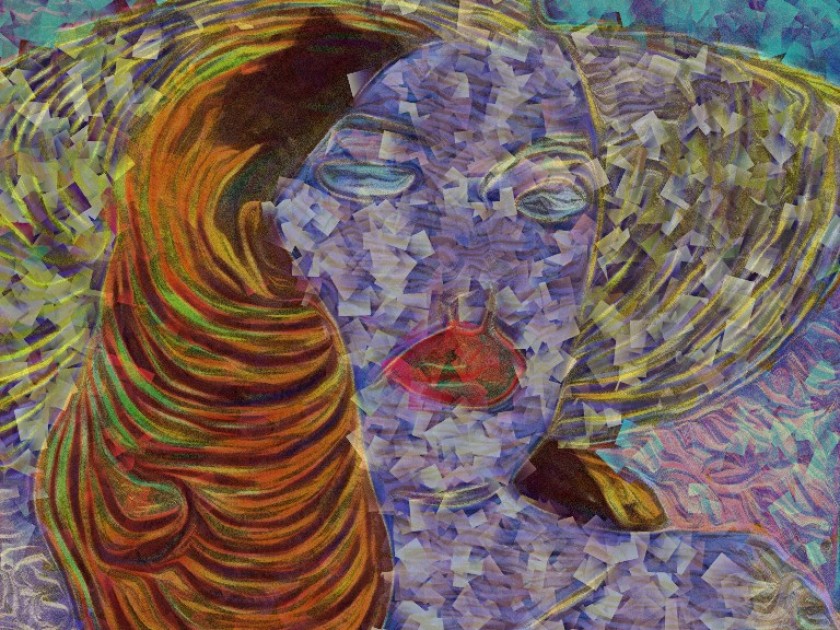
David S. Soriano, CC BY-SA 4.0, via Wikimedia Commons
Wanted: Detective.
Location: Jerusalem.
Gender: Female.
Required skills: Must think outside the box, like a stranger in a strange land.
To be a detective requires playing the role of a foreigner in a new country. Effective sleuths must notice anomalies, inconsistencies, square pegs in round holes, and people and things out of place. They need to behave as though they are from another planet — like they are perpetual outsiders, deliberately off-balance.
The detective of my new mystery series, Maya Rimon, is an intelligence agent in the Service, and quite the outsider in Israeli society: she is not only a detective, but also a woman doing what is usually a man’s job. I, too, am an outsider in Israel. Although I’ve traveled there fifteen times, mostly for business, I’ve never lived in the country for any extended period. Most of my trips have been intense and short, centered around the Jerusalem International Book Fair, family visits, or teaching. I still can’t find my way around Jerusalem without a map or GPS, and there are hundreds of sites in the city in which I haven’t set foot.
As I worked on the first book in The Jerusalem Mysteries series, The Deadly Scrolls, and then on its sequel, The Hyena Murders, both published in 2022, I came to recognize the advantages of writing as an outsider, who might see things that insiders miss. For example, I’ve noticed that Israeli Jews approach Jewishness differently than American Jews. Because Jews make up the religious majority in Israel, “Jewish” is not the defining feature of their identity. Rather, they see each other through an ethnic (Ashkenazi, Sephardi, Mizrachi, Ethiopian), religious (haredi, modern Orthodox, secular, non-Jewish), or national (Israeli, Russian, Palestinian, African) lens, just to name a few. To regard a fellow Jew in Israel first and foremost as “Jewish,” I’ve learned, is not nuanced enough. Certainly not for Maya Rimon.
Freeing my characters of the weighty baggage of the American Jewish immigrant experience and the immediate specter of Western antisemitism has allowed them to face other nemeses in my novels: the fear of a fifth column within the state, internecine tensions among different kinds of Jews, inevitable religious hierarchies, ethnocentrism and xenophobia, and ordinary conflicts that afflict us as human beings, born out of jealousy, passion, prejudice, and pride. It should not be surprising that these very same nemeses faced the Jewish people millennia ago, when they were sovereign in their own land.
David Ben-Gurion once expressed the hope that Israel would one day be a nation like all other nations. But he also declared that Israel would remain different from those nations in its spiritual and moral uprightness. After almost seventy-five years of independence, we have come to see that Ben-Gurion’s first aspiration for the new state — to be like all other nations — has indeed come to pass. As for the second hope, the jury is hung, perhaps indefinitely.
In setting my mystery series in Israel, I have tried to explore how Ben-Gurion’s twin vision — of exceptionalism and universalism — plays out within the conventions of the mystery genre. Is Maya Rimon a spy like all other spies? Does murder look different when viewed within an Israeli context? What about romance? Are the Jerusalem Mysteries whodunnits like any other — or do they speak with an Israeli accent?
Ellen Frankel served for 18 years as Editor in Chief of JPS. She received a Ph.D. in Comparative Literature from Princeton She has published eleven books, most notably The Five Books of Miriam. She has also written librettos for chamber pieces and two operas. She has traveled widely as a Jewish storyteller. The Deadly Scrolls is her first mystery.